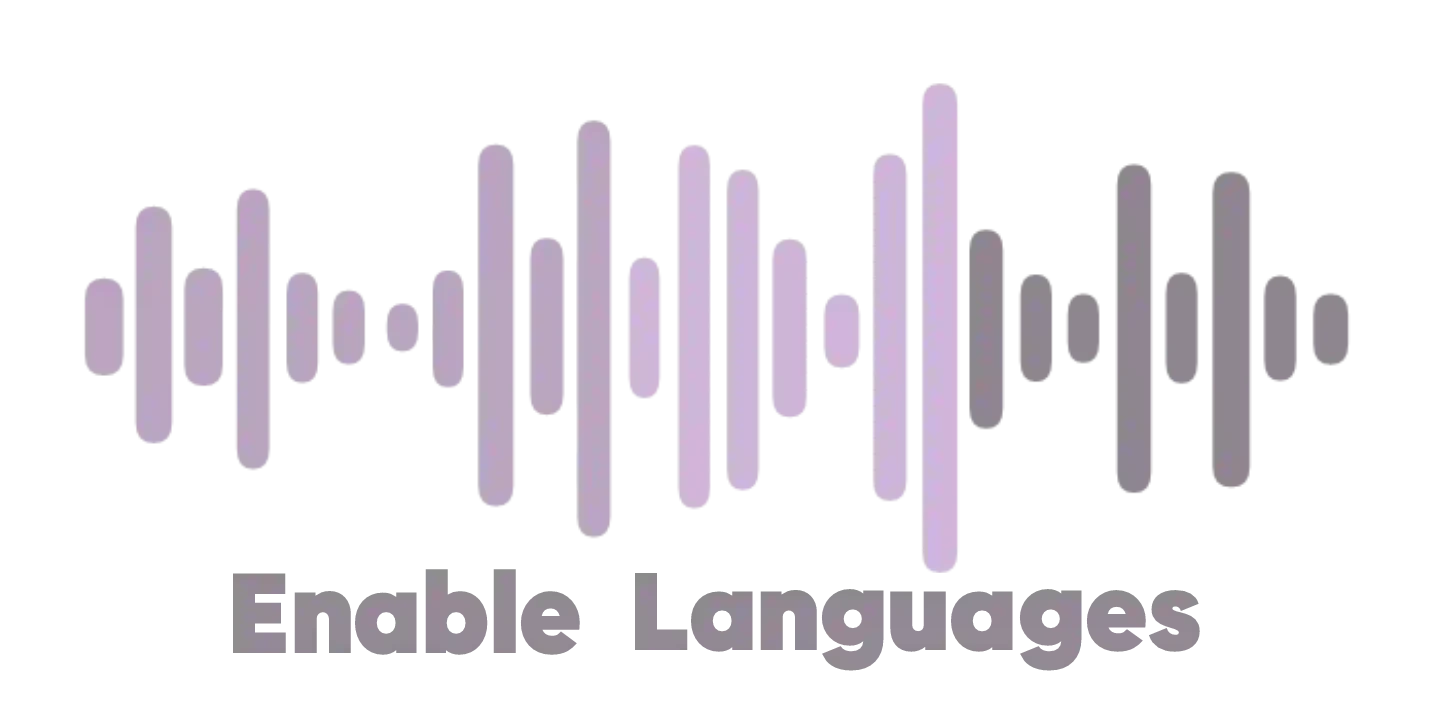Deliberate practice is not about logging practice hours. It is true, you can listen to and reformulate a good many speeches a day, but simply repeating the same activity only translates to repeating the same mistakes in different ways.
Deliberate practice involves exercising a specific skill, receiving feedback on that skill, and systematically improving specific aspects of an interpreted rendition. As you increase in your practice, the cumulative effect of sharpened individual skills will improve your rendition.
“Simply interpreting over and over again does not necessarily make you better. You must focus on identifying and correcting weaknesses.” – Daniel Gile
For conference interpreters, this means breaking down the interpreting task into smaller skills components—active listening, analysis, reformulation, and delivery—and honing each element with laser focus.
When you practice a skill during an interpreter training course, deliberate practice means identifying gaps in your skill and drilling specific exercises to close them.
Deliberate practice is intentional, targeted and monitored. This is the only way you can improve, rather than stagnate in your interpreting. That means even so-called expert interpreters need deliberate practice. And of course, language is living and dynamic, so what better way to keep your skills sharp and up to date?
“The hallmark of deliberate practice is that you try to do something you cannot do well—yet.” ― Anders Ericsson
Strategies for Implementing Deliberate Practice
🔹 Set Specific Goals: When it comes to goals, it pays to work SMART, not hard. Rather than “getting better at interpreting,” spell out a SMART goal based on your needs. Do you struggle with concentration? Work on your focus and eliminating internal and external distractions. Your SMART goal could be to improve concentration on 2-minute speeches on tourism by the end of 2 weeks.
🔹 Work with Feedback: Listen carefully to targeted feedback on your renditions. Record your interpretations and give yourself constructive feedback after listening critically. Get input from experienced or trainers who can pinpoint areas for improvement and suggest exercises to tackle problem areas.
🔹 Target Weaknesses: If note-taking in consecutive interpreting slows you down, isolate what might be wrong with your notes. Layout? Triggers (Symbols)? Separating and linking the ideas? Focus on the problem area and practice the specific feedback techniques you learned for each problem area. If you hesitate with figures in simultaneous mode, try drilling numerical retention exercises.
🔹 Gradually Increase Practice Complexity: This could mean increasing the complexity of your practice material, but it could also mean improving the quality of your rendition. Start with short, simple speeches in your A language before progressing to more challenging materials in your B or C language. Gradually introduce new problems such as speed, accent, figures and technical content as you notice an improvement in your skills or if the speeches you are using feel less challenging.
🔹 Simulate Real-life Conditions: Listen to live conferences, meetings and hearings. If you have access, practice in a dummy booth, using professional headsets, and time yourself under real-life conference constraints. Your mentor might be able to arrange a meeting practice opportunity for you. Training under realistic conditions bridges the gap between practice and performance.
Supercharge Your Deliberate Practice
Becoming a skilled conference interpreter is an intentional endeavour. You must not limit yourself to passive experience but deliberate, structured improvement. Every professional interpreter once stood where you are now, facing the challenge of sharpening their skills, one focused session at a time. But the best professionals continue to exercise deliberate practice.
To get the best of your interpreter training, embrace the discomfort of listening to yourself and getting targeted feedback. It is in that exercise that you isolate the gems needed to oil your deliberate practice. Remember, excellence is never an accident. It is always the result of high intention, sincere effort, and intelligent execution.
“Interpreting expertise is not merely about accumulating knowledge and skills but about developing adaptive expertise—the ability to deal with new and unforeseen challenges.” – Barbara Moser-Mercer
Category :
About Us
We help multilinguals enable their languages through conference interpreter and translator training. We’ll also connect you with our network of professional linguists to meet your meeting needs.
